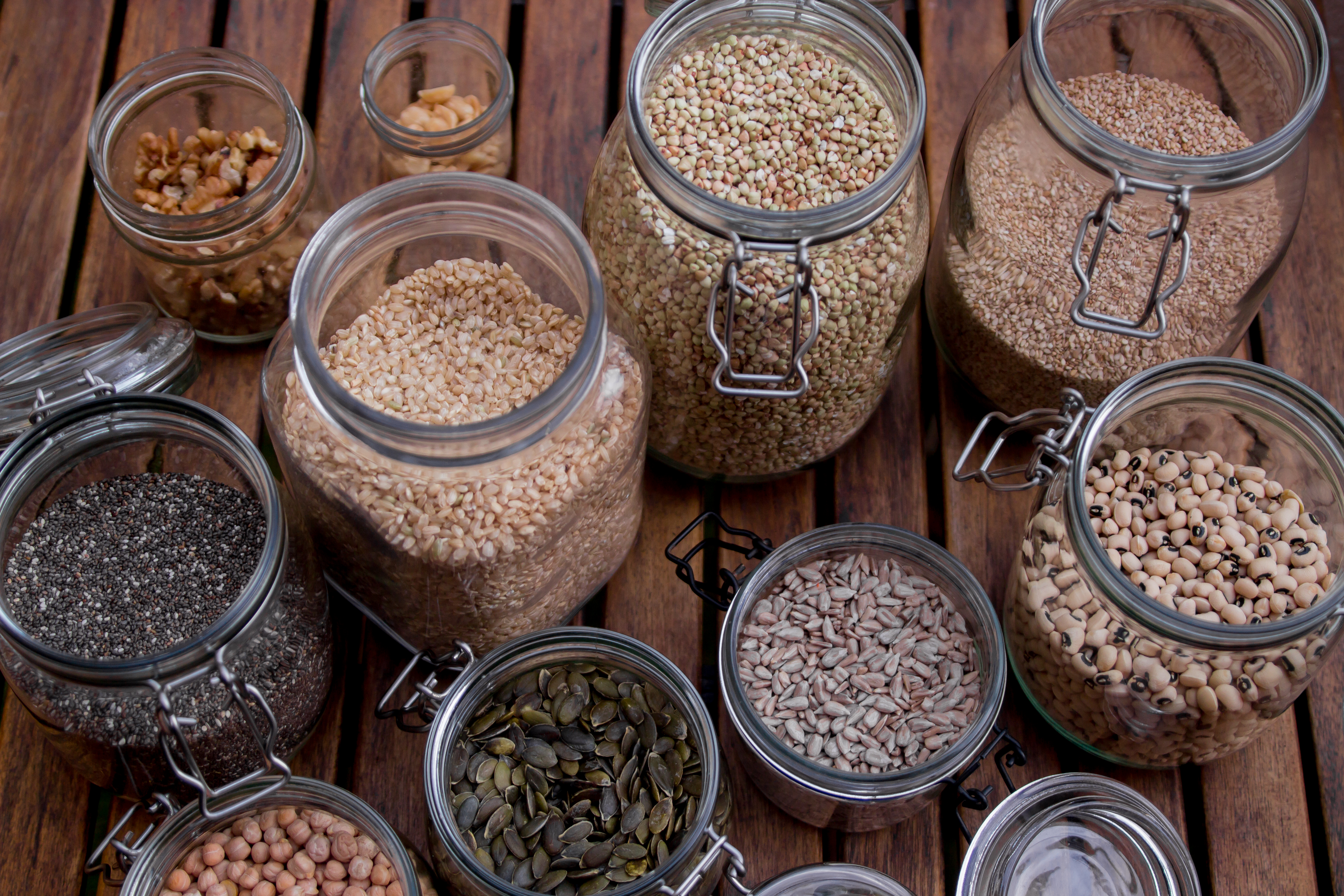Whole rice

Here is an article on what I consider the king of cereals, whole rice.
Included within the carbohydrate category, this is the cereal that is most used in Macrobiotics and probably also in vegetarian cuisine. As with all other cereals, we derive greater benefit from it if we consume it in its whole form. This means that the grain has not undergone any processes of refinement and, therefore, their properties are all there.
And what are the main differences from consuming this refined or whole grain cereal?
When we consume refined rice, we are ingesting a product whose molecules are less complex than those of brown rice. In the specific case of carbohydrates, the more complex their molecules, the longer our organs will take to turn it into sugars, which the body will then use as energy. Thus when consuming brown rice we ensure that our body will have fewer spikes of sugar levels in our blood, since its absorption will be much slower. Brown rice contributes to a better balance of our body than white rice.
In terms of properties, brown rice also has more fiber, B-complex vitamins and protein than white rice. On the other hand, the process of refinement of rice is often chemical, making it a not so healthy food.
In terms of organs, the consumption of brown rice benefits mostly lungs and large intestine, being the best cereal to treat gut problems. Nevertheless, its consumption benefits most of the organs of our body.
In Macrobiotics we also associate each food with a season of the year. Rice should be consumed all year round, but we say that it is the cereal of the autumn. And why would that be? Because it is a cereal that energetically brings a lot of focus and rooting. Fall is when the rain begins and the wind blows. And we have more desire to be in our home, we have more moments of introspection. So it will be good to consume foods that can give us this ability to concentrate to reach conclusions, focus ability, and eliminate toxins we accumulate in the summer. And these traits are strong in rice.
And how should we prepare whole rice?
Brown rice should be soaked for at least 4 hours. By doing so, we are ensuring that our digestion is easier and that our cooking time is reduced. The way I find it most practical is to leave it to soak during the night, or else, to put to soak in the morning for the evening cooking.
After soaking, I place it normally in the pressure cooker (1 measure of dry rice for 2 measures of water) with a pinch of salt and a strip of Kombu seaweed (that will give many minerals to the rice and consequently to help its digestion). I close the pan when the water boils, put the fire in the minimum, and let it cook for 30 to 40 minutes. After this time it will be ready to serve.
If you do not want to use a pressure cooker, increase the portion of water to 3 in for 1 of rice, and cook for 50 minutes with a minimum flame.
Personally, I think brown rice gets much tastier in the pressure cooker.
For people who have a bowel issue, the rice should cook in a larger amount of water and for some extra time, because the more creamy the rice is, the easier it will be to absorb it.
Hope from now on you all start to use this rice! And please shew as many times you can and, believe me, you will start to feel a new person! 😉






